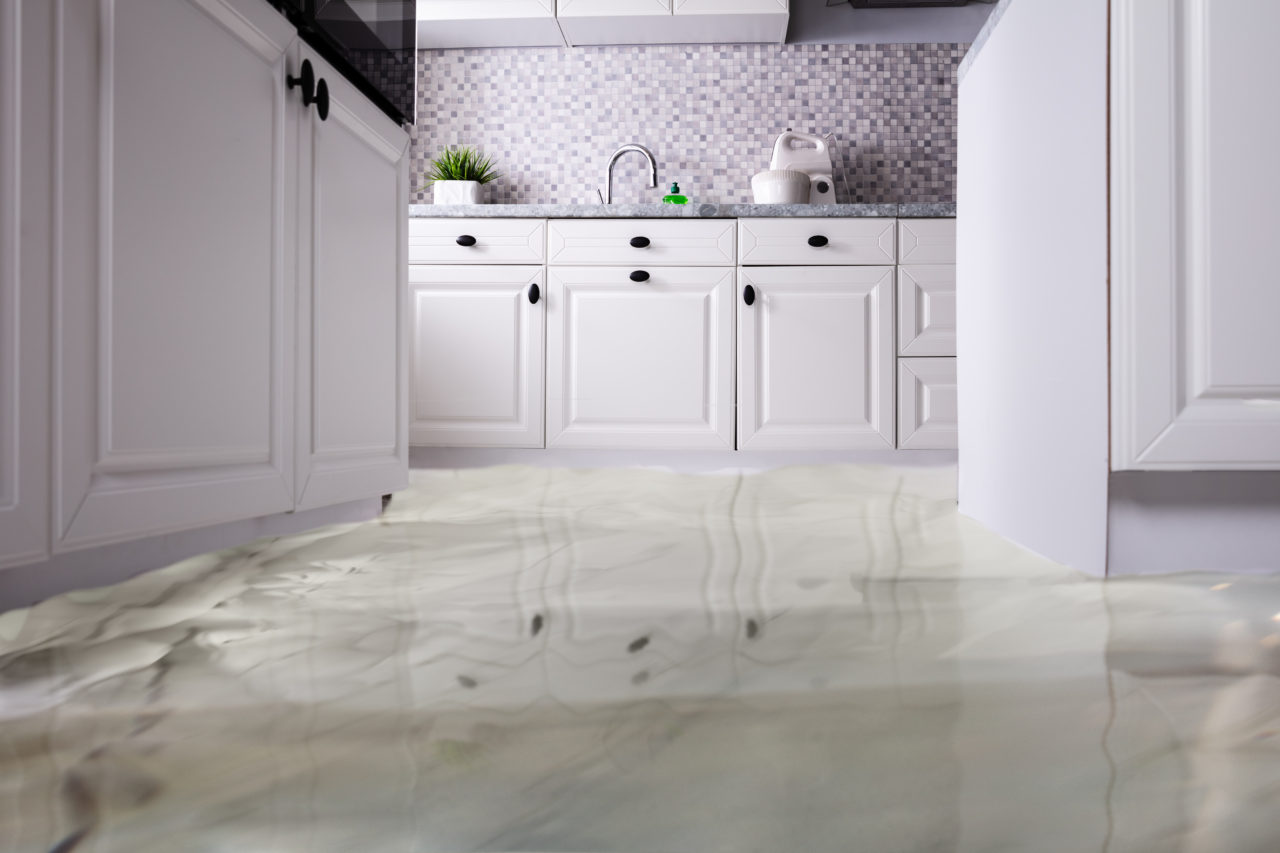The plumbing behind your walls is one of those things you don’t think much about…until something goes wrong. And when it does, the consequences can be disastrous.
Water damage is one of the most common and costly problems facing homeowners and businesses today, and burst pipes are a leading cause. In fact, burst pipes are responsible for millions of dollars in property damage every year.
We don’t want you to have to deal with the headache and heartache that comes with burst pipes. Here are a few things you can do to minimize the risk.
What causes pipes to burst?
Despite what many people think, a pipe isn’t just vulnerable in the winter. Any temperature change, whether it’s a sudden heat wave or cold snap, can cause stress on your pipes and lead to a burst.
There’s also the general problem of age and wear and tear. Over time, pipes can become corroded, cracked, or otherwise damaged, making them more likely to fail.
Know the history of your pipes
One of the most important things you can do to prevent burst pipes is to know the history of your home’s plumbing. If you’re a new homeowner, try to get as much information from the previous owner as possible:
- How old are the pipes?
- What type of material are they?
- Have there been any past problems?
If you live in an older home, it’s important to be especially vigilant about monitoring your pipes for signs of damage.
If you experience frequent plumbing issues, it might be time to consider a complete repipe. This can be a big project, but it’s worth it to avoid burst pipes, which is a much more costly and disruptive issue.
Keep an eye on the weather
One of the most common causes of burst pipes is extreme temperature changes. This is why it’s so important to keep an eye on the forecast, especially during winter and summer.
If you know a big freeze is coming, take steps to protect your pipes:
- Drain and disconnect any hoses from outdoor faucets
- Open cabinet doors to allow warmth from your home to reach pipes that run through unheated areas
- Wrap insulation around your pipes and put exterior faucet covers in place
- Set your thermostat to at least 55 degrees to thaw pipes if you’ll be away on vacation
Pipes freeze at around 20 degrees, but this isn’t a hard and fast rule. So it’s important to take precautions even if you don’t think the temperature will dip that low.
In extreme heat, monitor your water usage. A sudden surge in demand can strain your pipes and lead to a burst.
Check for leaks and repair them promptly
A little puddle of water in the garage or some discolored wallpaper in the guest bathroom is easy to miss. But these are a surefire sign that your pipes are damaged and at risk of bursting.
Red flags to look out for include:
- Unexplained spikes in your water bill
- Water stains on ceilings or walls
- Mildew or mold growth
- Pooling water
If you discover a leak, don’t delay in getting it repaired. The longer you wait, the greater the risk of a burst. Plus, that little drip seeping out of your pipes is wasting water and money down the drain. If you don’t feel comfortable assessing your home’s pipes, our expert plumbers can conduct a thorough home plumbing inspection.
Listen for water hammer
Have you ever heard a loud banging noise coming from your pipes? It’s not a ghost; it’s water hammer.
Water hammer happens when a valve is closed quickly. The sudden stop in water flow creates a shock wave that travels through the pipes. This can cause movement, leading to cracks, leaks, and bursts.
If you hear water hammer, having a professional plumber take a look is a good idea.
Newer homes include water hammer arresters. These devices help dissipate the shock waves and protect your pipes. Some older homes may not have water hammer arresters, so a knowledgeable plumber will recommend them and/or pressure-reducing valves, to keep water flowing safely.
Know what to do in an emergency
Even if you take all the necessary precautions, there’s still a chance that your pipes could burst. If this happens, immediately turn off your water at the main shut-off valve. This will stop the flow of water and minimize damage to your home. Then, call a professional plumber to assess the damage and make necessary repairs.
It’s a good idea to have an emergency plumber on call in case of a burst pipe or any other plumbing disaster.
Since plumbing emergencies are unpredictable, Lee Company offers 24/7 plumbing service to help when you need it most. We’ll work quickly to assess the damage and solve the problem so you can get back to your normal routine.
Avoid burst pipes by scheduling a home plumbing inspection.
CALL US NOW AT 615.567.1000

